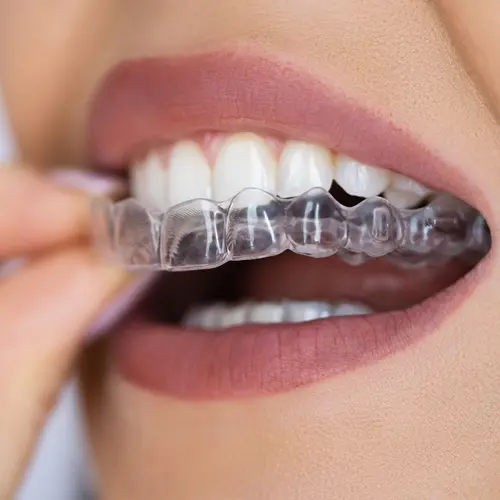If food suddenly doesn’t taste right to you, pay attention. There could be a common reason why. It may be something you and your doctor can fix.
When you eat, two of your senses work together. Your taste buds pick up on flavors, including four basic ones: sweet, salty, sour, and bitter. At the same time, your sense of smell lets you enjoy the food’s aromas. When something goes wrong with either, your sense of taste can change.
If you enjoy your food, it encourages you to eat enough to support your health. And your sense of smell does more than help you savor flavors. It alerts you to dangers like smoke from a fire. So it’s important to find out why your sense of taste has changed or gone away.
Age
As you get older, it can get harder for you to notice flavors. Some women can start to lose their taste buds in their 40s. For men, the change can happen in their 50s.
Also, the taste buds you still have may shrink and become less sensitive. Salty and sweet flavors tend to weaken first. Later, it may be more difficult for you to taste things that are bitter or sour.
Your sense of smell can lessen, too. It’s strongest when you’re between 30 to 60 years old. Then it starts to weaken. Some seniors eventually lose it.
You can’t reverse age-related decline in your sense of taste. But don’t assume that age is all there is to it. You and your doctor should check if the cause might be something else that’s treatable.
Medication
Prescription drugs can affect how your taste buds pick up flavors. Or they could put different chemicals into your saliva.
Your taste and smell may go wrong if you’re taking:
ACE inhibitors. These and other blood pressure medicine sometimes make you less sensitive to taste. Or they can leave a metallic, bitter, or sweet taste in your mouth.
Antidepressants, antihistamines, or other drugs. They can make your mouth dry. That keeps flavors from reaching your taste buds.
Beta-blockers. These heart medications can interfere with your sense of taste and sense of smell.
If medications are a problem, your doctor may be able to switch you to different drugs.
Illnesses
Your taste could be affected if you have:
- An infection in your nose, throat, or sinuses
- A head injury, which might affect the nerves related to taste and smell
- A polyp or a growth that blocks your nasal passage
- An abscess in your mouth or other dental problems. That can release bad-tasting stuff into your mouth. Dentures also can cause problems.
In some people, a change in taste or smell can be an early sign of Alzheimer’s or Parkinson’s.
Cancer Treatment
If you’re being treated for cancer, your sense of taste might be thrown off by:
Chemotherapy. It affects the taste of about half the people who get it.
Other medicines. Antibiotics, morphine, or other opioids can change your taste.
Radiation. It can hurt your taste buds and the glands that make saliva. It can affect your sense of smell, too.
When you eat, you might notice that:
- Some foods taste different than before.
- Some foods are bland.
- Everything tastes the same.
- You have a metallic taste in your mouth, especially after you eat meat or other protein.
If any of that happens to you, tell your medical team. A key part of their job is to help you with side effects like these. After your treatment ends, your taste should slowly return, usually within about a month.
Smoking
Tobacco creates pollution. It keeps you from identifying odors and throws off your taste. If you quit, your sense of taste and sense of smell will get better.

